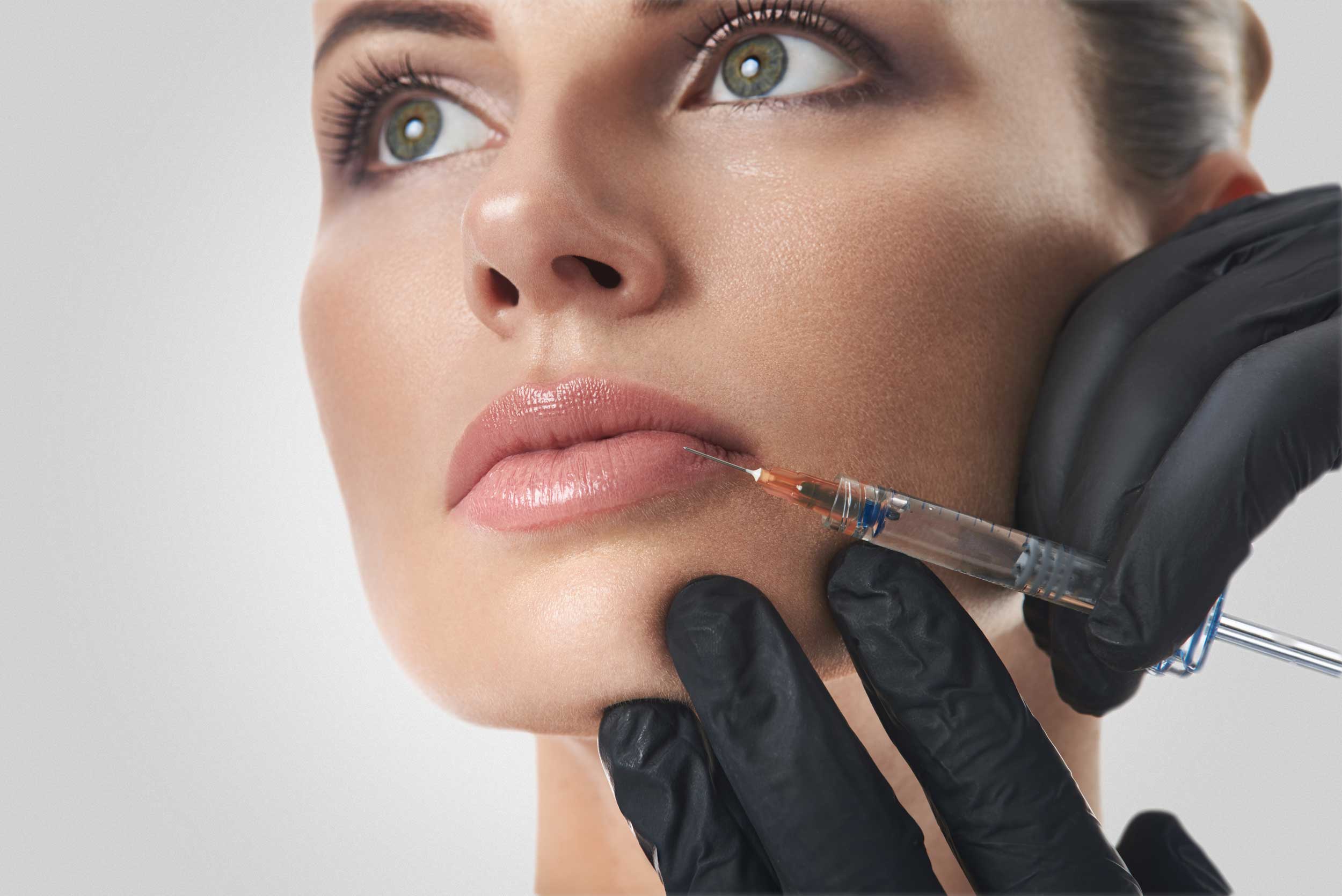
Botox is a minimally invasive treatment that offers a solution for those seeking to reduce facial wrinkles and achieve a more youthful appearance. The procedure involves injecting a purified protein into specific facial muscles to reduce muscle activity temporarily. This reduction in muscle movement leads to smoother skin and a diminished appearance of wrinkles. Understanding the process, effects, and benefits of Botox can help you make an informed decision about whether this treatment aligns with your cosmetic goals.
What Is Botox?
Botox is a purified form of botulinum toxin, a protein derived from the bacterium Clostridium botulinum. When used in controlled medical doses, this protein temporarily blocks nerve signals to targeted muscles. The cosmetic version of Botox specifically targets dynamic wrinkles, which are lines that form due to repeated muscle contractions from facial expressions, including crow’s feet around the eyes, forehead lines, and frown lines between the eyebrows. The treatment works by preventing these muscles from contracting fully, which allows the overlying skin to smooth out.
What Does the Process Involve?
A consultation typically begins the process, during which a medical professional evaluates your facial anatomy and discusses your aesthetic goals. During this assessment, they identify the specific muscles causing unwanted wrinkles and determine the appropriate injection sites. A practitioner will also review your medical history to identify any potential contraindications.
The actual injection procedure typically takes about 10 minutes. The skin is cleaned, and the practitioner uses a fine needle to inject small amounts of Botox into predetermined muscle locations. After the injections, you can resume most normal activities immediately. Results may become visible within 24 to 48 hours and last up to four months.
How Does Botox Affect Your Skin?
Botox affects the skin indirectly by targeting the underlying muscles responsible for dynamic wrinkle formation. When injected into specific facial muscles, the neurotoxin blocks nerve signals to muscles. This blockage prevents the muscle from contracting, leading to muscle relaxation.
As the treated muscles relax, the overlying skin experiences less tension and folding. This reduced muscle activity allows existing wrinkles to soften and prevents new lines from forming. The skin appears smoother and more youthful as the repetitive creasing motion decreases. The effects are temporary because nerve endings gradually regenerate new connections over time.
What Are the Benefits?
Botox offers several advantages as a cosmetic treatment option. The procedure is minimally invasive, requiring no surgical incisions or lengthy recovery periods. Most individuals can return to work and daily activities immediately after treatment.
The treatment provides natural-looking results when administered by experienced professionals. Rather than creating a frozen appearance, properly administered Botox allows for natural facial expressions while reducing unwanted wrinkles. This balance helps maintain facial authenticity while achieving cosmetic improvements.
Botox offers predictable outcomes and versatile applications. It also serves as a preventive measure for younger individuals who want to delay the formation of deep wrinkles. By reducing repetitive muscle contractions early, the treatment can slow the development of permanent lines.
Enhance Your Skin Now
Botox is an effective treatment option for individuals seeking to reduce facial wrinkles without undergoing surgery. The procedure offers predictable results with minimal downtime, making it accessible for people with various lifestyles and schedules. Understanding the process, effects, and benefits allows you to make an informed decision about whether Botox aligns with your aesthetic goals. When evaluating treatment, consult with a qualified medical professional who can assess your individual needs and develop a personalized treatment plan.





